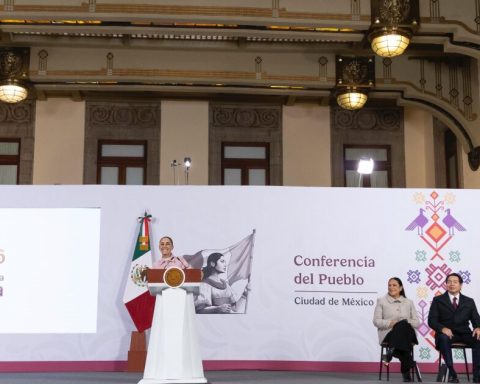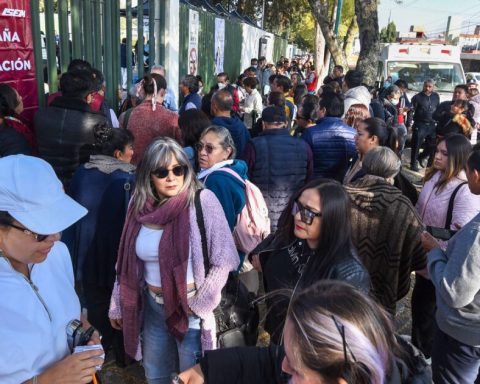“The market is already waiting for a default. The company has not been able to raise resources to finance its portfolio and operations,” said Edgar Cruz, chief credit analyst for Mexico at BBVA. “It is worrying that other financial intermediaries are not willing to finance their maturities.”
Tangelo, as the group is now known, is the latest Mexican shadow bank to see its bonds collapse in recent years due to faulty bookkeeping and investor confidence evaporating. Credito Real SAB, Alpha Holding SA and Unifin Financiera SAB have already defaulted, hurting an industry that has borrowed capital from large foreign investors and cut smaller loans to low-income individuals and companies.
The company “does not anticipate” paying the 85 million pesos (4.5 million dollars) in principal or additional interest due Thursday on the short-term certificates listed on the stock market. There are also no plans to make a $14.5 million interest payment due January 24 on the dollar bonds due next year, according to the statement.
Talks are expected to begin with the debt holders to “arrive a comprehensive solution to their liquidity constraints,” according to the statement. “The decision prioritizes the use of cash resources for the Company’s operating activities given its liquidity constraints and the challenging capital markets environment.”
A Tangelo spokesperson did not immediately respond to a request for comment.
Tangelo paid $30.6 million of a bond in October, but the payment failed to restore the faith of investors who feared the company would struggle to refinance larger debt obligations.
Tangelo also revealed on Tuesday errors in the assets of his registered portfolio, which he hopes to correct by punishing about 655 million pesos (35.1 million dollars) of assets. The bank said it already wrote off 300 million pesos of assets during the fourth quarter.
This issue is reminiscent of accounting errors by Crédito Real and Alpha, which first alerted Wall Street analysts and investors to sector risk in April 2021. That triggered an initial sale of bonds by shadow banks. Mexico, which has worsened as defaults and bankruptcies plague debt restructuring negotiations.
“The similarity with other non-bank financial institutions is the limited access to financing sources,” Cruz said, referring to the shortage of deposits, bond issues and credit lines for Mexico’s shadow banks.
















